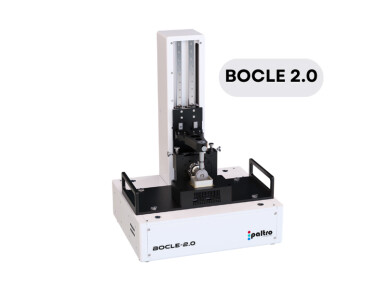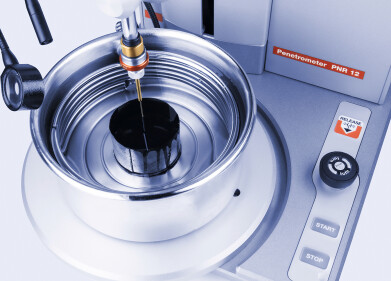Measurement and testing
NPL is working with industry to detect fugitive emissions
Oct 15 2019
Methane emissions make up a significant percentage of the environmental pollution created by the oil and gas industry, and new EU regulations mandate that industrial emissions must be measured, reported and controlled. Many companies, including big players like Shell, BP and Total, have pledged to reduce fugitive emissions.
The National Physical Laboratory (NPL), the UK’s National Measurement Institute, is working closely with companies to provide a complete solution for monitoring flaring and fugitive emissions. NPL takes a holistic approach to identifying and quantifying leaks to help improve efficiency and safety. The ultimate goal is to find leaks more efficiently, reduce greenhouse gases and even prevent explosions, so minimising the environmental cost.
Refineries in Europe will have to follow the Best Available Techniques (BAT) Reference Document for the Refining of Mineral Oil and Gas, and the national regulators will be implementing the changes through the permits. NPL is leading the development of the European standard for monitoring fugitive and diffuse emissions of methane and other volatile organic compounds (VOCs). The standard will cover the monitoring techniques recommended in the BREF, and the services NPL offers will be compliant with that standard.
NPL is keen to promote discussion of testing and standards related to fugitive emissions and is proud to be leading the scientific discussions with companies and at key conferences. It is vital that industry is given the opportunity to compare capabilities, discuss challenges and review emerging technologies for monitoring methane.
The Industrial Methane Measurement Conference (IMMC) 2019 took place earlier in the year and brought together more than 80 academic, industrial and regulatory stakeholders. The conference enabled connections between the research and innovation communities who are developing measurement capabilities, and the industrial and regulatory user communities. “I left the two days with a much greater understanding of current priorities within the industry, and a better sense of how measurement technologies can best be applied for short term gains in methane emissions reduction, as well as longer term efforts coordinating a wide range of techniques,” reflected a delegate from the conference.
The conference was chaired by Rod Robinson, who works in Emissions and Atmospheric Metrology at NPL, and explained why the conference was important for industry:
“For regulation to work effectively it is important that all the stakeholders can share their experiences and perspectives, and NPL are keen to contribute to and facilitate this process. The conference attendees were eager to talk and engage with each other and co-location with the PEFTEC exhibition also provided a great opportunity to meet with relevant suppliers.
At NPL we have strong links with key players in the industry as well as the standards bodies. We build long term working relationships with refineries and the oil and gas industry so that we can ensure they meet fugitive emissions regulations now and in the future.”
Visit the NPL website and find out how our cutting-edge measurement science has a positive impact in the real world.
Digital Edition
PIN 25.6 Buyers' Guide
January 2025
Buyers' Guide Directory - Product Listings by Category - Suppliers Listings (A-Z) Articles Analytical Instrumentation - ASTM D7042: The Quantum Leap in Viscosity Testing Technology -...
View all digital editions
Events
Jan 25 2025 San Diego, CA, USA
SPE Hydraulic Fracturing Technology Conference and Exhibition
Feb 04 2025 The Woodlands, TX, USA
Feb 05 2025 Guangzhou, China
Trinidad and Tobago Energy Conference 2025
Feb 10 2025 Point Lisas, Trinidad
Feb 10 2025 Lagos, Nigeria



















